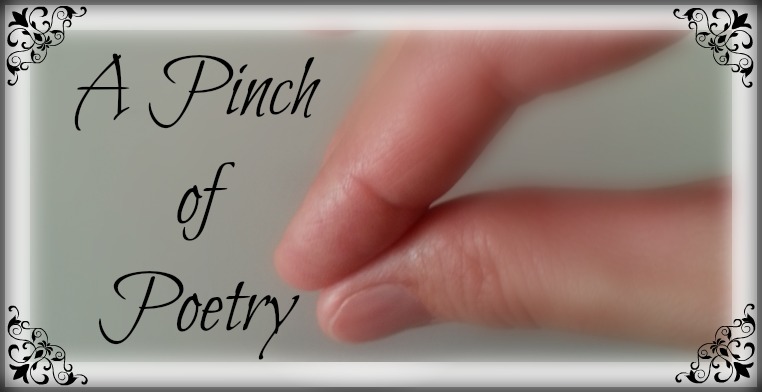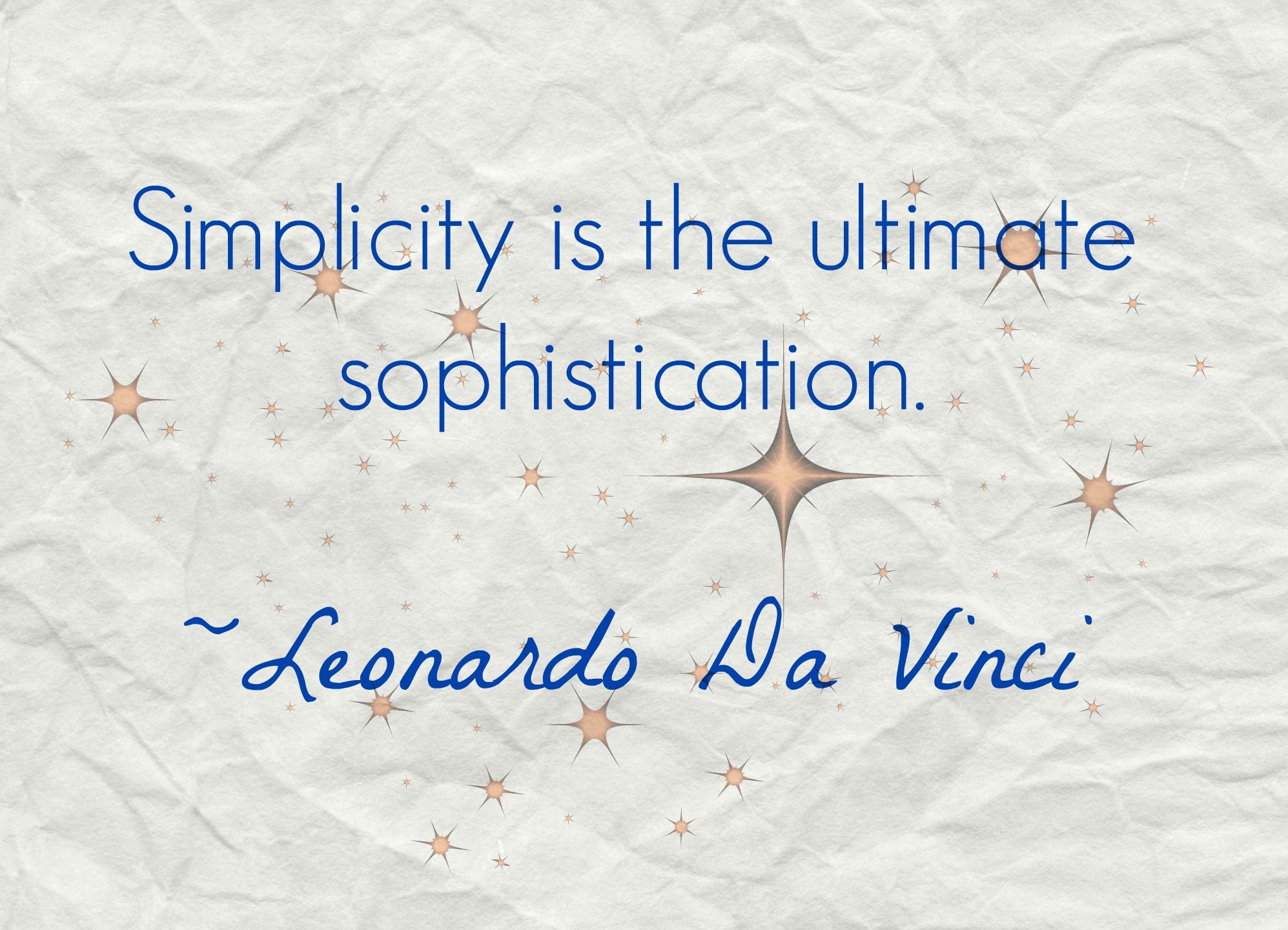Today we are going to look at another short form of Japanese poetry known as tanka. The short form of this poetry, much like haiku, is great for any level poet, but especially beginners.
Tanka and haiku are technically different forms of poetry, but they are related. Some poets see tanka as an extended haiku because the first three lines take the same form. But others would disagree and maintain that they are two very distinct forms.
One difference concerning tanka is that the last two lines are 7 syllables each, making it a 5-line poem. Therefore it contains the syllabic pattern of 5, 7, 5, 7, 7.
Moreover tanka poems generally focus on a specific object or event to convey a mood or emotion through imagery and figurative language. In other words, the poems cover a broader field of subjects (not only nature) and can include some reflection as well.
The Shadow Poetry website offers a great explanation and examples of tanka.
As I noted before concerning haiku, be aware that tanka originated from Japanese culture so the form may be perceived and written a little differently in English. Obviously, I am explaining the English guidelines for writing these types of poems.
However, if you’re interested, Shadow Poetry covers some of the cultural and language differences. They also offer a host of resources for writing many kinds of poetry.
Now I’ll share my own tanka poem that started out as a haiku.
Purple irises
with proudly tall and green stalks
stand near the water.
Grass carpets the water’s edge.
And I, a lowly clover.
Honestly, I wrote this during a break at a writing conference while sitting by a pond surrounded by beautiful flowers. I was reflecting on how we can be easily discouraged and intimidated when surrounded by superstar writers or poets. So through imagery, personification and metaphor I attempted to convey that sense of inferiority.
Here are some tips to help you craft your own tanka:
*Try writing a haiku first and then adding the last two lines as reflection on your subject
*Use concrete images (relating to the five senses) that allow the reader to experience what you’ve experienced
*Choose vivid verbs and nouns but don’t forget to count syllables!
This article also has a great description, tips and examples for writing tanka.
[bctt tweet=”Short and sweet. Learn to write tanka poems. #poetry #poets”]
Now it’s your turn.
Next time when you are outside enjoying the beautiful weather or if you experience a meaningful event, jot down notes about it. Then see if you can transform that experience and emotion into a beautiful tanka to share with others.
Feel free to post your poems or questions in the comments below!





